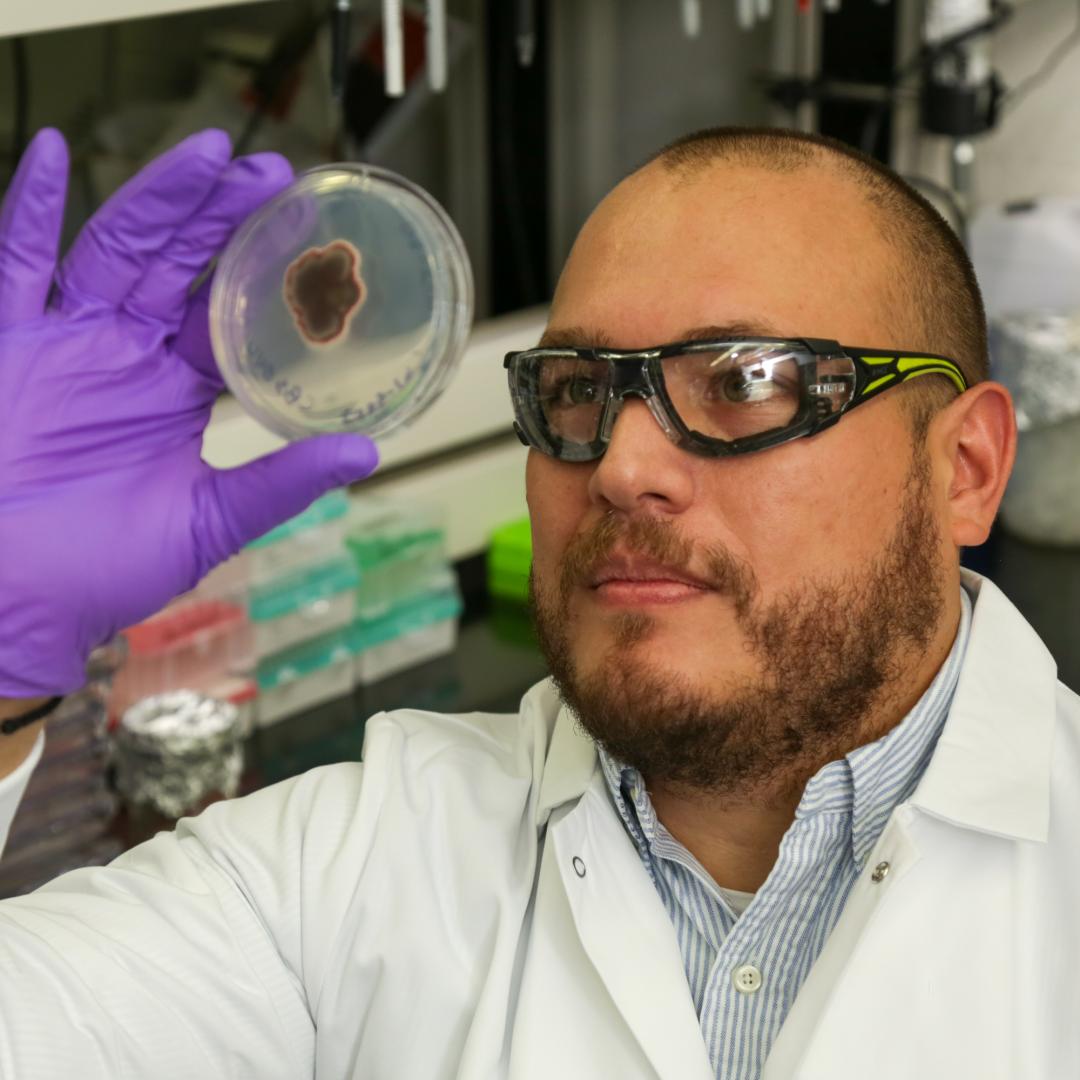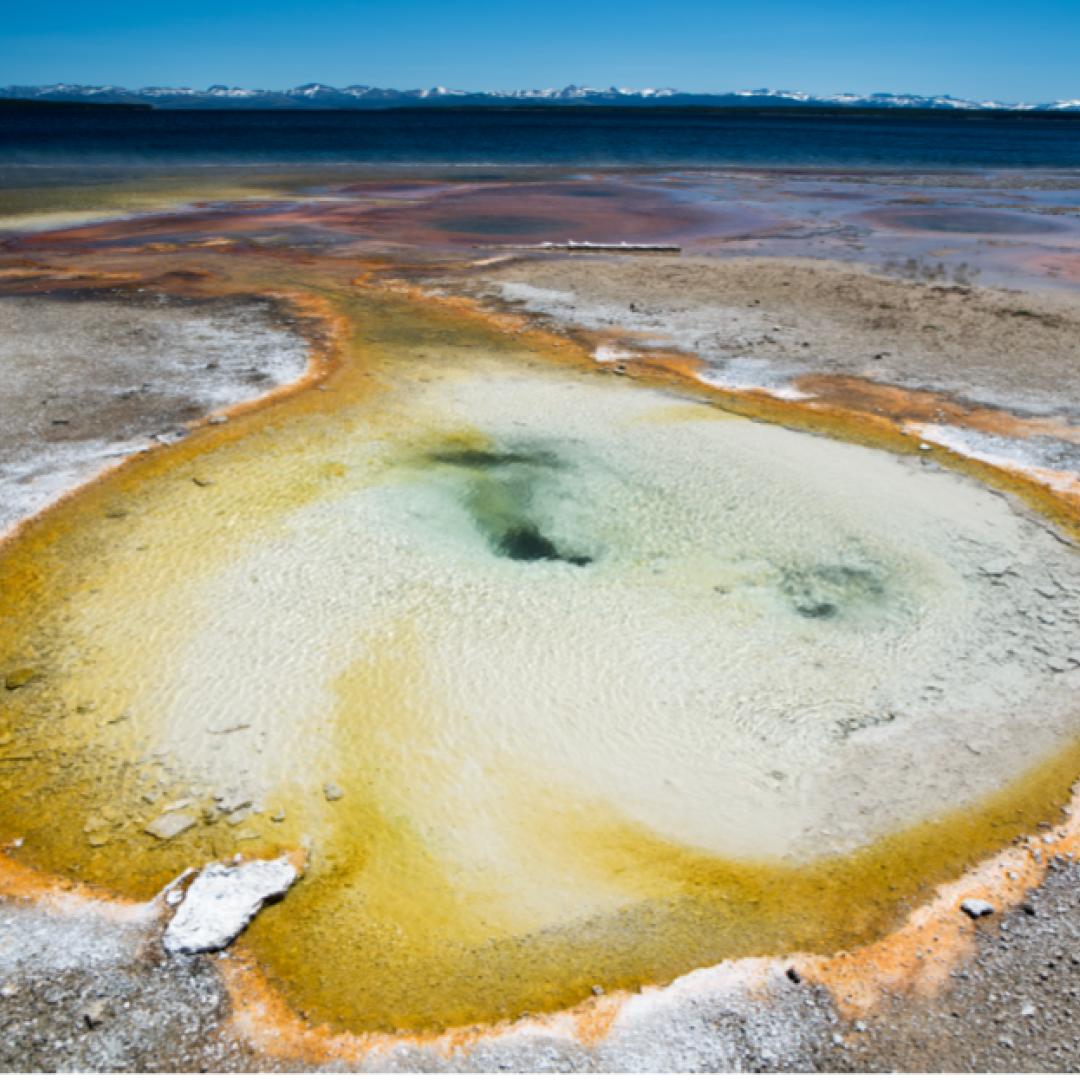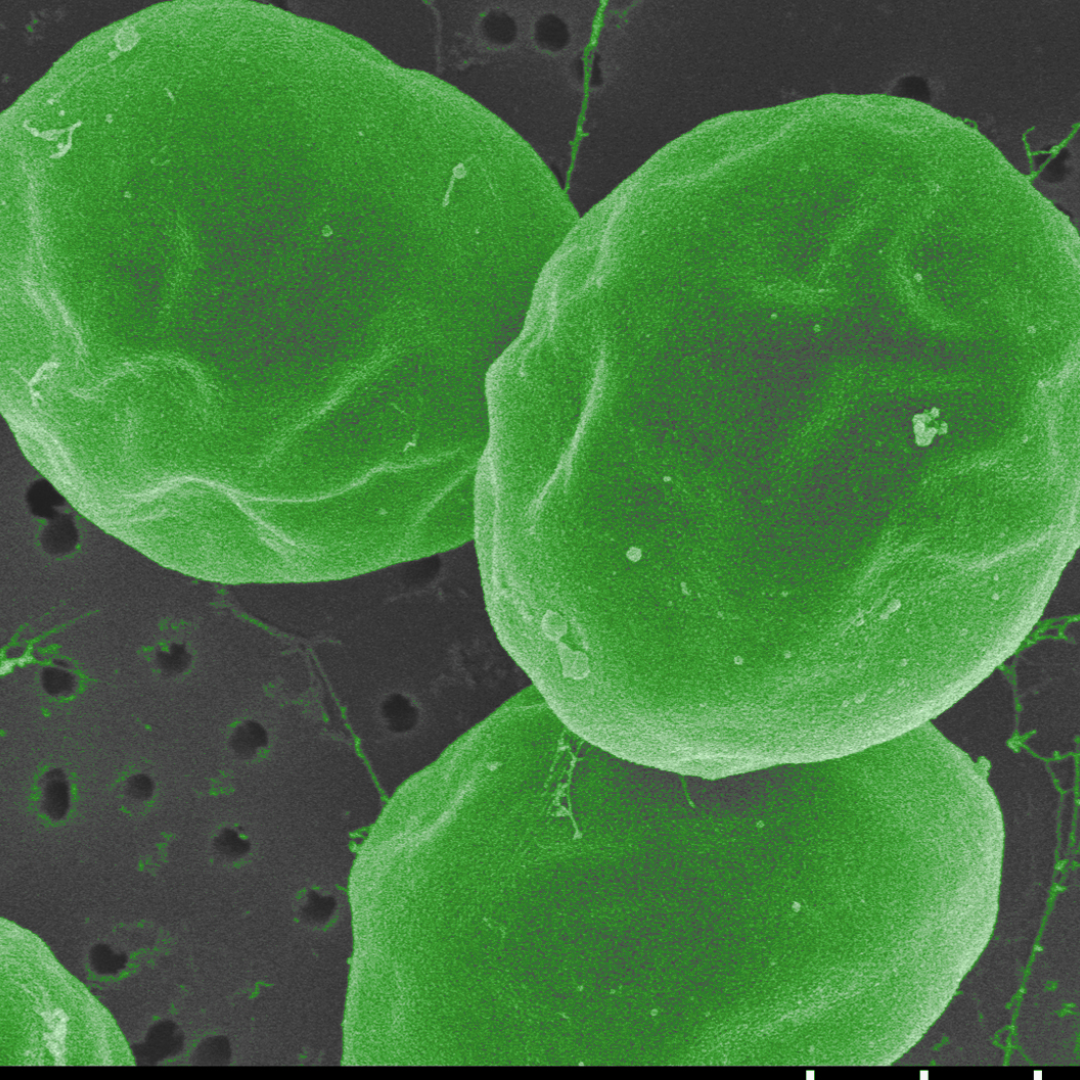Linking organismal and community genotype and phenotype to environment, from microbes to humans
Research in the Integrative Microbiomics Group focuses on the roles of microbes and fungi in plant growth and development, and in regional and global elemental cycles related to bioremediation and climate change; the human microbiome and its role in health and disease; and integrating genomic and microbiological approaches to study novel lineages of archaea and bacteria. Studies range from understanding how microbial communities and individual species adapt to and interact with each other and with the environment to understanding molecular mechanisms at genomic and biochemical levels. We also investigate the genomic to phenotypic connection in cancer cells, trying to develop new approaches for early detection and treatment.
As part of these research areas, we study organisms (archaea, bacteria, fungi) from a wide range of environments, including soils and plant rhizospheres, subsurface aquifers, forests, and bogs, terrestrial geothermal and marine hydrothermal systems, and the mammalian gastrointestinal tract. A wide range of approaches are used, from traditional cultivation and physiology studies to community diversity characterization, metagenomics and single-cell genomics, integrated “omics” (transcriptomics-proteomics-metabolomics), and advanced cellular isolation and imaging.
Research in the Integrative Microbiomics Group is supported by Department of Energy Biological and Environmental Research (BER) programs, including the Center for Bioenergy Innovation, the Plant-Microbe Interfaces science focus area, CSiTE, Mercury and ENIGMA science focus areas as well as by individual investigator-driven projects from DOE and other federal agencies, such as the National Institutes of Health, NASA, and the National Science Foundation.





